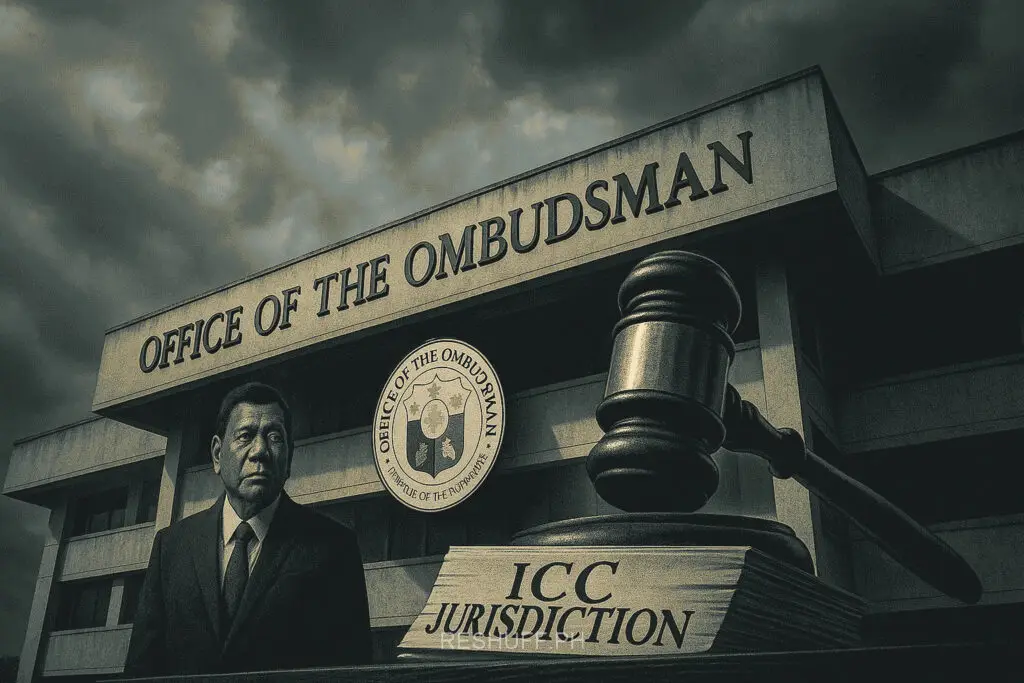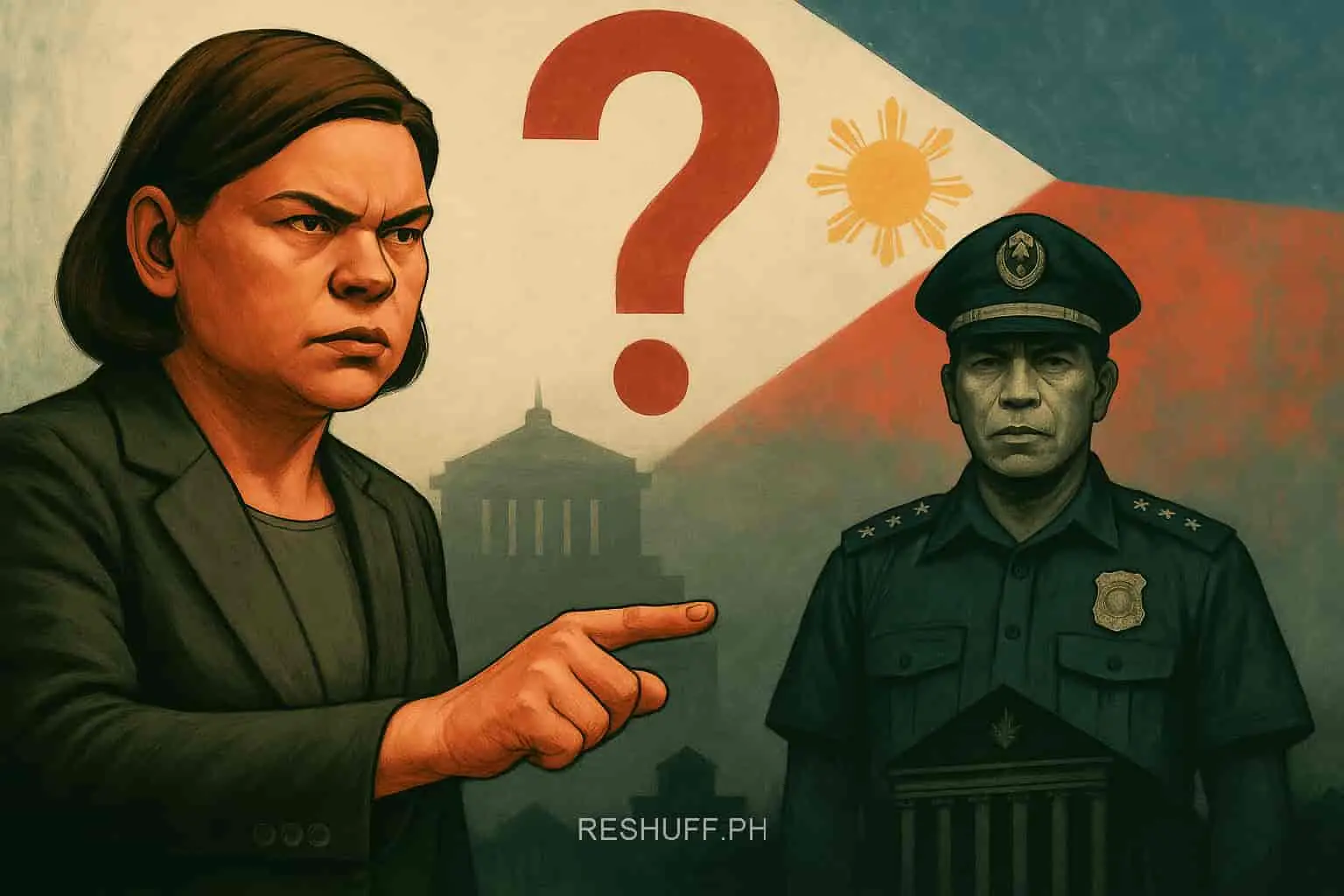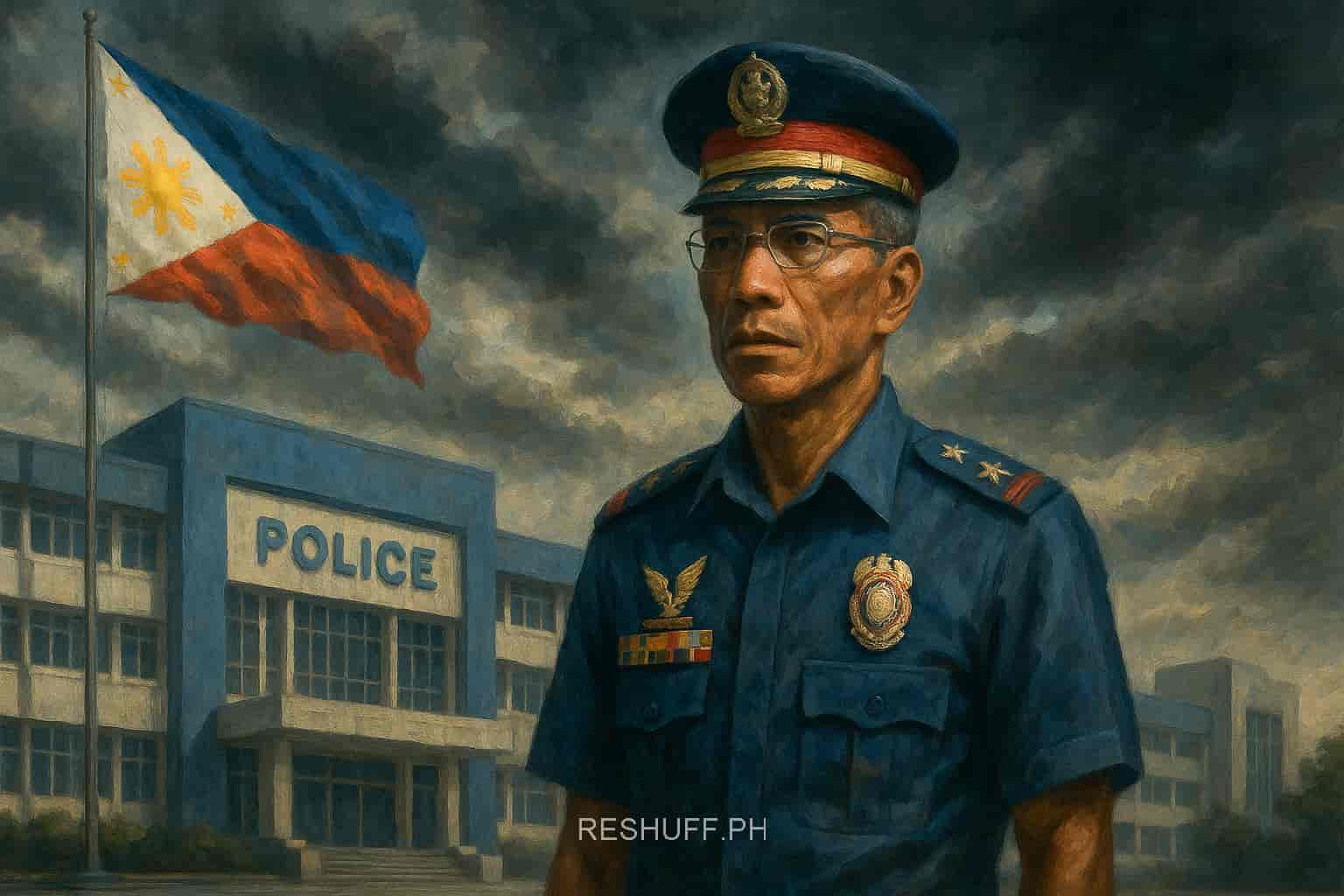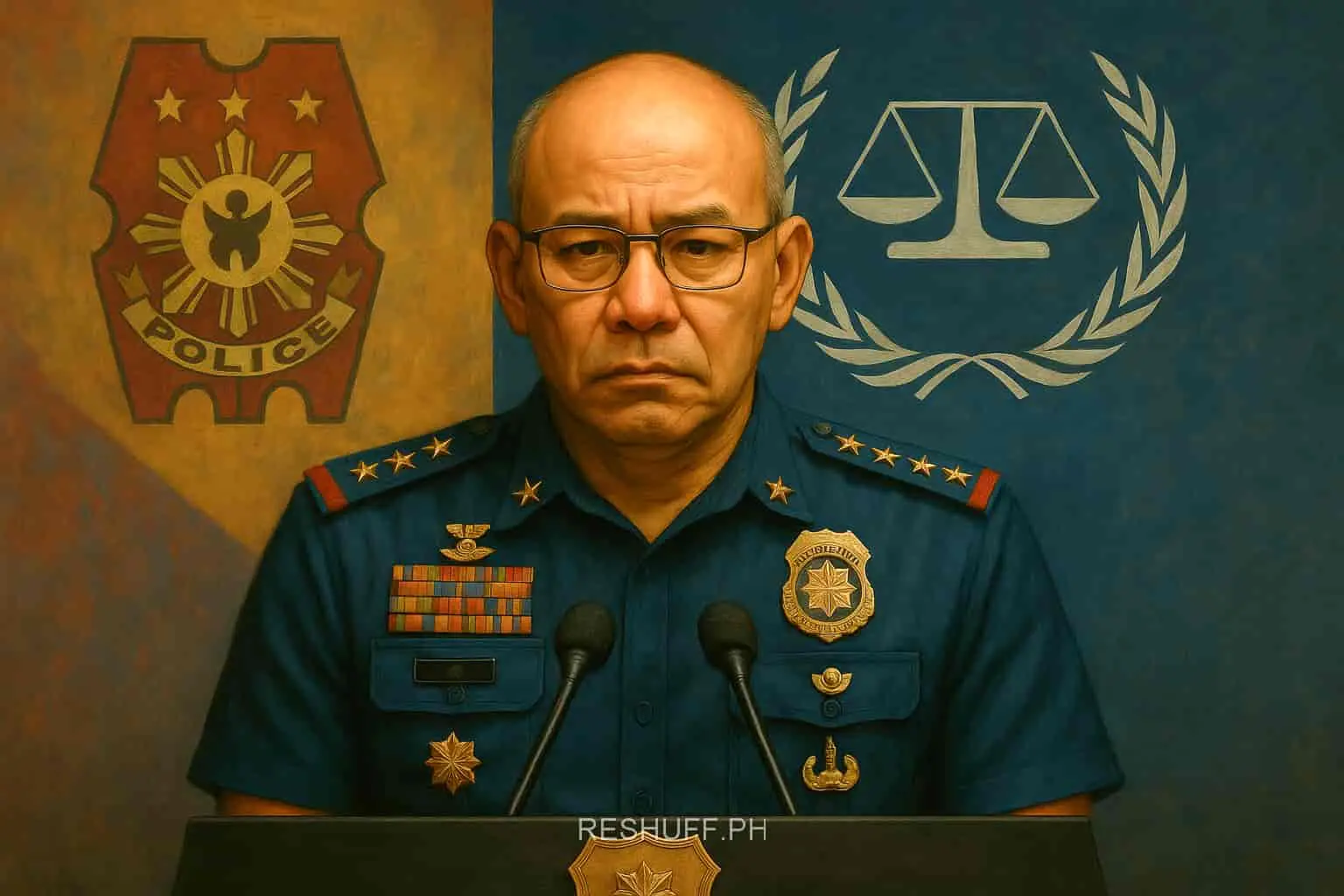The silence is broken. The Philippine Ombudsman has just ordered five powerful government figures to answer accusations linked to one of the most controversial political arrests in the country’s history—former President Rodrigo Duterte’s capture and handover to the International Criminal Court (ICC).
The officials named are:
- Justice Secretary Jesus Crispin Remulla
- Interior Secretary Jonvic Remulla
- Philippine National Police (PNP) Chief Gen. Rommel Marbil
- PNP Criminal Investigation and Detection Group Chief Nicolas Torre III
- Special Envoy for Transnational Crimes Markus Lacanilao
They’ve been given just 10 days to respond with counter-affidavits and evidence. If they fail to do so, the case moves forward without them.
How It All Started
The fire was lit when Senator Imee Marcos’ committee filed a formal complaint, questioning the legality of Duterte’s arrest. The arrest happened after an ICC warrant was served against him for alleged crimes against humanity stemming from his brutal war on drugs.
Marcos accused the five of overstepping their authority and bypassing judicial processes. Her panel claimed there’s enough evidence to charge them with criminal and administrative violations.
Justice Secretary Remulla is being tagged for “usurpation of judicial functions,” as well as grave misconduct and violations of the Anti-Graft and Corrupt Practices Act. His younger brother, Interior Secretary Jonvic Remulla, is also accused of arbitrary detention and similar misconduct charges.
PNP Chief Marbil and CIDG Chief Torre are being blamed for using force and unlawfully detaining the former president. Torre is also charged with grave threats and other misconduct.
Lacanilao, the special envoy, is accused of false testimony, perjury, and usurpation of official functions. He was briefly detained during a Senate hearing for lying about whether Duterte was brought before a local court before his ICC transfer.
The Arrest That Shook the Nation
On March 11, Duterte was served an arrest warrant. It didn’t go quietly.
Authorities reportedly tried to convince Duterte’s team to cooperate. When they wouldn’t budge, force was used. By the time it was over, the former president was en route to The Hague.
Duterte appeared at his pre-trial hearing via video call on March 14. He is now facing allegations that his drug war killed at least 6,000 people—though human rights groups claim the toll may be over 20,000.
A Trail of Confessions
This isn’t the first time Duterte has admitted to extreme actions. In a public hearing last year, he openly confessed to killing “six or seven people” when he was mayor of Davao. He even admitted to planting evidence—calling it part of their “strategy.”
He dared the ICC to “hurry up” with their probe, saying he might die before it even begins.
Now, he’s in the ICC’s custody, and the officials who put him there are in the hot seat.
What’s Next?
The Ombudsman’s move signals that this case is far from over. The accused officials must now defend themselves against explosive charges that could reshape the nation’s approach to justice and accountability.
Will they come clean? Or will this only deepen the divide in Philippine politics?
The clock is ticking.
Reshuff PH
Latest News In The Philippines brought to you by Reshuff PH





